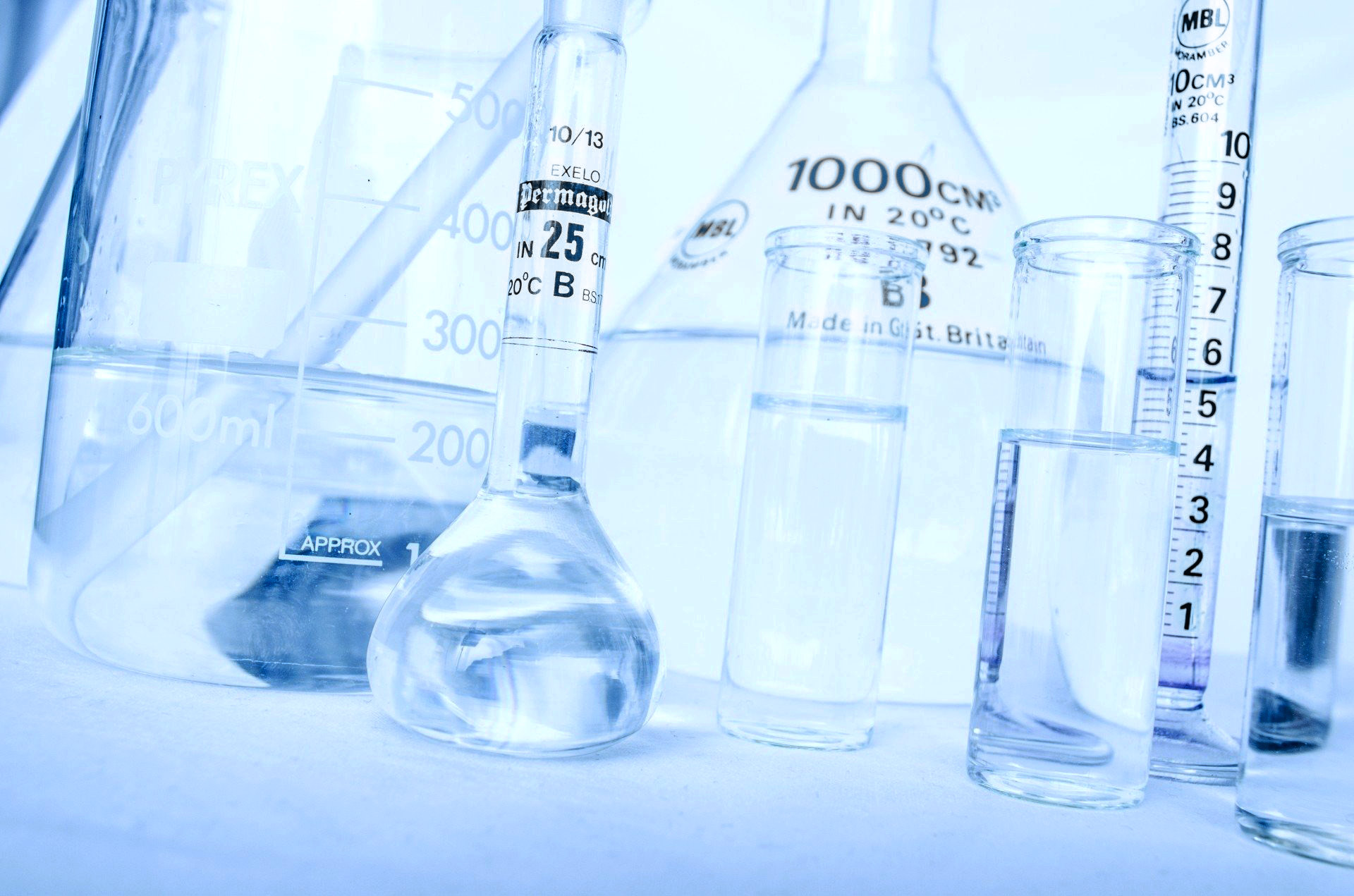Fuel
When putting diesel fuel back into service after a long period of storage in a tank, it is necessary to check the quality of the diesel fuel which may have changed during storage. The characteristics of the diesel that change over time, such as the amount of micro-organisms and compliance with customs, administrative and inter-union specifications for road and non-road diesel (RNG) regarding the amount of dissolved water and total particulate contamination of the fuel, should be checked.
- Enumeration of aerobic germs living in middle distillates.IP 385/19 filtration and culture method to determine if a biocidal treatment is required to reduce the level of contamination.
-The water content according to NF EN 12937 must be less than 200 mg/kg
-Total contamination standard: NF EN 12662 which must be less than 24 mg/kg
Clogging of a filter can result from the accumulation of micro-organisms but also from the accumulation of mineral (sand) or organic solid particles. The only solution to differentiate between these two types of pollution is microbiological analysis.
When engine problems occur: gelatinous build-up clogging the fuel system or seizing of the injection pump
OR
Preventing engine problems by using a MICROTEST P to detect the onset of contamination.
Generally, no, because petrol contains light fractions that are toxic to micro-organisms, unlike middle distillates (diesel, kerosene and domestic fuel oil), which are prone to microbial attack.


